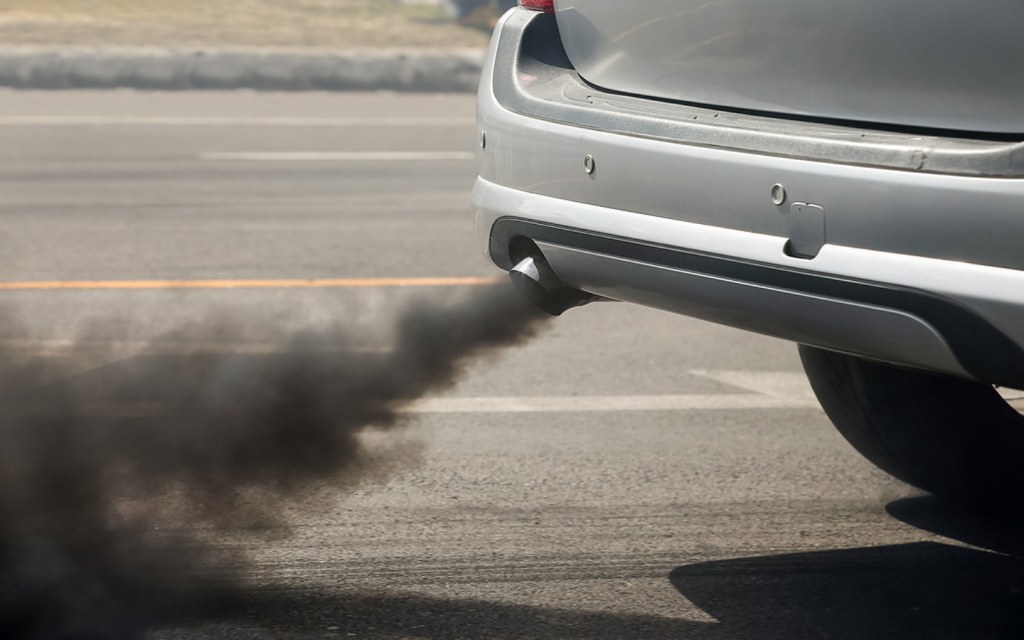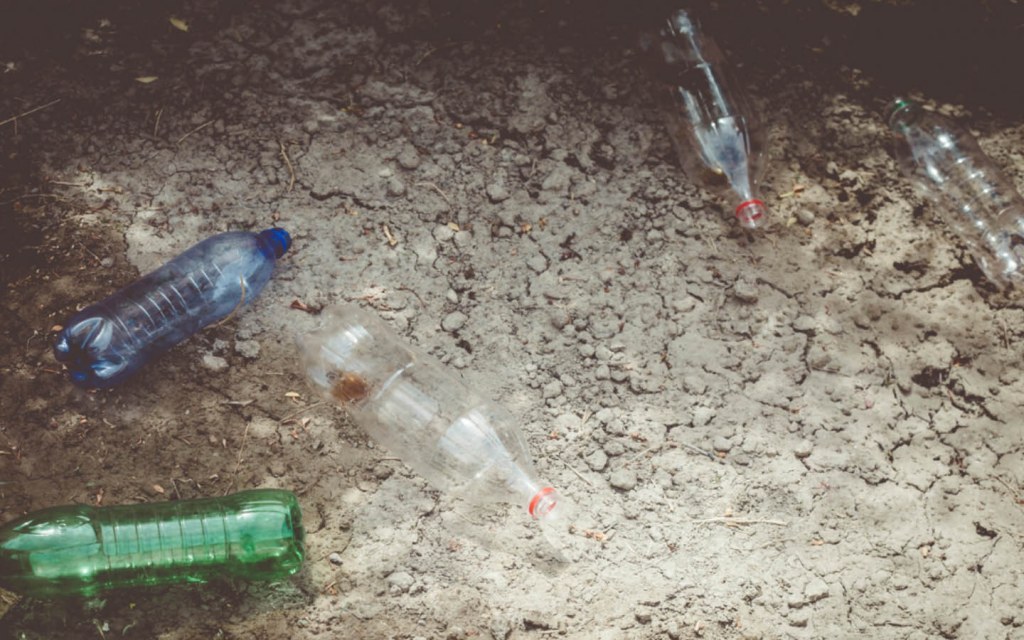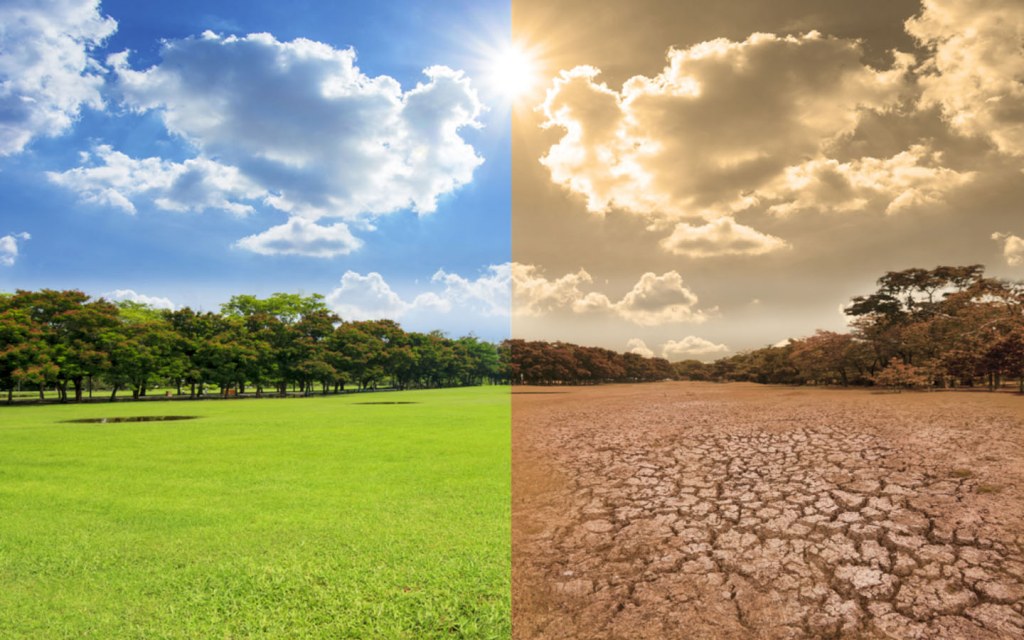You have probably heard or read about the rising sea levels, melting ice caps, drastic changes in weather patterns, and a significant decline in the population of several species around the globe. While you may think these events don’t affect you directly, the truth is they are all signs of the impending climate crisis and pose a huge threat to the entire planet. Therefore, just like the rest of the world, there are several serious environmental issues in Pakistan that need to be addressed and dealt with on an urgent basis.
Granted, the federal and provincial governments, along with other organizations, have introduced a multitude of initiatives to solve the environmental problems in Pakistan. However, there is much more that needs to be done if we want our future generations to live in a world that at least has drinkable water, breathable air, tolerable weather, and edible produce.
Environmental Protection Laws and Agencies in Pakistan
In 1997, the government enacted the Pakistan Environmental Protection Act to safeguard, conserve, rehabilitate and improve the environment of the country through sustainable development measures such as pollution control. The Pakistan Environmental Protection Council, which was first established in 1984, was also reconstituted following the enactment of the 1997 legislation. Its main function is to supervise the implementation of the Pakistan Environmental Protection Act.
Here are a few more agencies that deal with the ecological problems of Pakistan.
- Pakistan Environmental Protection Agency
- Energy Efficiency and Conservation Authority (formerly known as ENERCON)
- Pakistan Forest Institute
- National Council for Conservation of Wildlife
- The Zoological Survey Department of Pakistan
- Akhtar Hameed Khan National Centre for Rural Development & Municipal Administration
Key Environmental Issues in Pakistan
Pakistan is an agricultural country as nearly 60% of its overall population resides in rural areas with little to no access to clean water and proper sanitation facilities. Owing to the growing population, expansion of the economic sector, unplanned urbanization, poor waste management system, and a number of other factors, the environmental problems in Pakistan are getting worse with each passing year.
Let’s take an in-depth look at some of the most serious environmental issues in Pakistan and discuss possible solutions to tackle these growing threats.
Deforestation

Deforestation refers to the loss of forest areas that occurs when humans cut down trees to obtain wood and fuel but do not replant them. Urbanization, growing population, and rapid expansion of cities are also among the leading causes of deforestation in Pakistan.
Apart from destroying the natural beauty of the land, cutting down forests also has a huge impact on the ecosystem as it affects countless wildlife habitats. Unfortunately, with more and more rural areas converting into urban centres, Pakistan has a high deforestation rate. Moreover, due to lack of resources and poverty, many rely on timber from trees to keep them warm during the winter months or build homes.
Nevertheless, whatever the reason may be, one can’t argue against deforestation being a huge threat to our environment.
Solution
The solution for this environmental issue is pretty clear: we need to plant more trees and conserve our remaining forests. Luckily, the government has launched multiple tree plantation drives in Pakistan over the past years to overcome this problem.
Furthermore, Pakistan already has a huge man-made forest in Punjab known as Changa Manga. Other than that, the One Billion Trees initiative undertaken by the province of Khyber Pakhtunkhwa is also a noteworthy achievement in this regard. It is also worth mentioning that going paperless can play a huge role in curbing deforestation in Pakistan.
Air Pollution

If you’ve suffered through the winter smog in Lahore and other big cities, you would agree that Pakistan is going through an air pollution crisis.
Air pollution can be defined as the presence of toxic solid and liquid particles in the air along with certain gases that are harmful to the environment. This type of pollution is mainly caused by the burning of fossil fuels for transportation and the production of electricity. The black smoke that you see coming out of vehicles on the road and out of factories in the industrial areas are all leading causes of air pollution in Pakistan.
Lack of rainfall and low wind speed have also exacerbated the issue in some parts of the country.
Solution
One of the most efficient ways to deal with air pollution in Pakistan is to plant more trees. In addition, concerned authorities must take action to reduce the number of diesel vehicles that emit excessive carbon in the air. The high content of lead in petrol is also an important issue that needs immediate attention, as inhaling smoke from vehicles can result in a high concentration of lead in the blood of children and adults. The local assembling of electric vehicles in Pakistan could play a crucial role in saving our environment from greenhouse gas emissions.
On a personal level, you can help solve this environmental issue in Pakistan by reducing the number of trips you take in your car or, if possible, riding a bicycle instead. People who live in the northern areas of the country can also try and minimise their use of firewood. Similarly, the use of wood stoves must also be reduced.
Furthermore, we should ban the somewhat common practice of burning leaves and garbage along with other materials to help protect the environment in Pakistan.
Water Pollution

Water pollution is caused when toxic substances such as chemicals, waste, and certain microorganisms contaminate a body of water, rendering it harmful for human use or consumption. Drinking from polluted streams, rivers, lakes, and ponds, or using its water to bathe or cook, can be extremely harmful to one’s health.
The reasons behind water pollution could be a poor sewage system, throwing chemical wastage from factories into the ocean, and an increase in litter, especially plastic. Given that Pakistan is an agricultural country with an arid climate, water pollution is also harming our crops and land. This is also one of the main reasons why a large chunk of the population does not have access to clean drinking water.
To sum it up, water pollution in Pakistan is considered a huge risk to public health.
Solution
One of the best ways to counter this environmental problem in Pakistan is to set up a proper sewage treatment and management system. The agricultural sector of the country also needs to reduce its use of pesticides and fertilizers, as these harmful chemicals can easily find their way to water bodies and lead to pollution.
More importantly, the government must take steps to ban individuals and companies from disposing of their waste and rubbish into lakes, rivers, and oceans.
Land Pollution

Like most developing countries, land pollution is a serious environmental issue in Pakistan.
Annually, the country generates approximately 48.5 million tons of solid waste with a 2% increase each year. Since we don’t have a proper waste disposal system, most of it is either burned, which causes air pollution or buried on vacant land, causing soil erosion. Moreover, the rest of the waste is just dumped on empty lots, damaging the environment and leading to land pollution.
Urbanization and the use of harmful chemicals and pesticides are also some of the major causes of land pollution in Pakistan.
Solution
You can minimize land pollution by adopting a zero-waste lifestyle and reducing your use of plastic. In fact, authorities in Pakistan recently proposed a ban on plastic bags in order to actively fight against plastic pollution. Other ways to help tackle this ecological problem of Pakistan include recycling and reusing things, buying organic products, and avoiding using harsh chemicals such as industrial cleaners and bleach solutions.
Since we ourselves are responsible for protecting our environment, please check out our guide on how to keep Pakistan clean and green. Furthermore, Karachi Cleanliness Drive is a great example of how we must take steps to deal with these environmental issues in Pakistan.
Global Warming

Before we discuss global warming in Pakistan, let’s first establish that the terms global warming and climate change are not interchangeable. However, it’s a common mistake that most people make.
To further clarify, global warming refers to the long-term warming of the planet due to pollution, whereas climate change is a broad phenomenon referring to abnormal variations to the Earth’s climate. To put it simply, one can say that global warming is a symptom of climate change.
Now, unfortunately, Pakistan is one of the biggest victims of global warming in the world. The heatwaves and cold snaps that we have been suffering for the past several years are all due to increased global warming. The main reason behind this is the emission of fossil fuels. However, it is definitely not the only culprit.
Solution
If we want to help protect the ozone layer from depleting at such a quick pace and help reduce the size of our carbon footprint on the Earth, we should consider adopting a sustainable and minimal-waste lifestyle. It will help minimize our impact on the planet’s natural resources and ensure a high quality of life for our future generations.
Furthermore, apart from being environment-friendly, it is also extremely healthy.
So, do you have any suggestions regarding environmental issues in Pakistan? If yes, please feel free to share your thoughts and comments with us by dropping an email at blog@zameen.com. Meanwhile, for more information regarding environmental problems and tips on how to solve them, stay tuned to Zameen Blog – a leading lifestyle blog striving for a cleaner and greener Pakistan.



